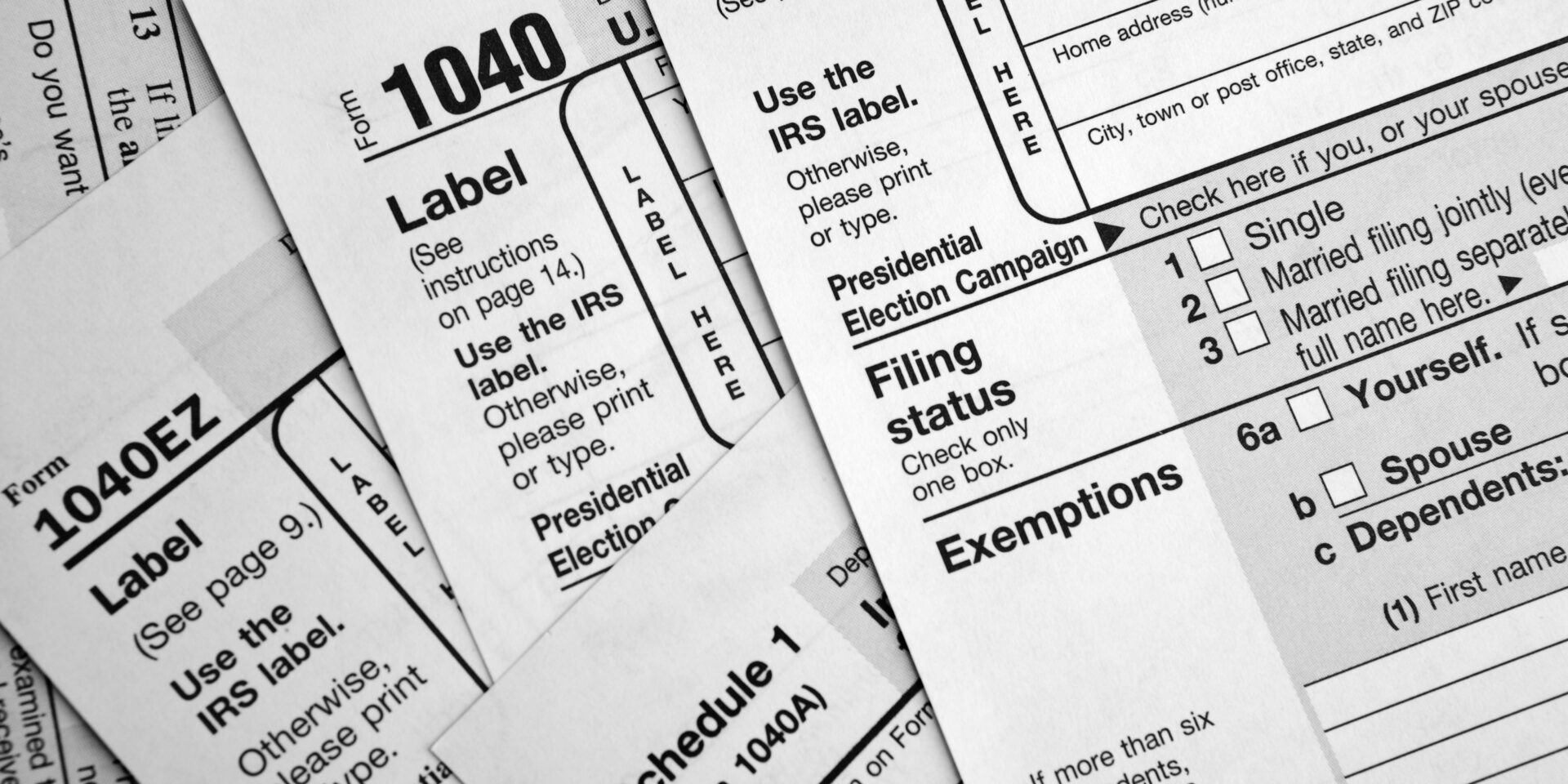Language:
How to Start a Business as a Kid

Discover how young minds can take the reins and start their own business ventures. From ideation to execution, we’ll reveal the secrets to success for budding entrepreneurs. Get ready to be inspired and learn the tools you need to conquer the world, one lemonade stand at a time!
Can a Kid Start a Business?
Absolutely! Kids can start a business, but there are some legal aspects to consider. While minors often face limitations due to their age, they can still legally operate a business with the help of an adult.
Here’s why it’s important to ensure the legality and how to go about it.
Parental Guidance
Since minors cannot enter into legally binding contracts, having a parent or legal guardian oversee business transactions is essential. This adult can handle responsibilities like signing contracts and managing legal documents.
Business Structure
To ensure your business is legally compliant, consider forming a business entity such as a sole proprietorship or an LLC. In most cases, a parent or guardian will need to register the business on behalf of the minor.
Permits and Licenses
Depending on the type of business and local regulations, you may need to obtain specific permits or licenses. Work with your parent or guardian to research and secure any necessary documentation.
Taxes
Even kids’ businesses are subject to taxes. Consult with a tax professional or your parent/guardian to understand your tax obligations and ensure proper filing.
Labor Laws
While child labor laws generally don’t apply to self-employed minors, it’s essential to be aware of any restrictions in your area, especially if you plan to hire employees.
Remember, operating a legal business not only keeps you on the right side of the law but also demonstrates responsibility and professionalism. So, team up with a trusted adult, follow the rules, and let your entrepreneurial spirit soar!
Legal Requirements for a Kid’s Business
As mentioned above, kids can’t legally enter a binding contract without the supervision of an adult. Things such as registering the business, filing taxes, and acquiring permits and licenses must all be overseen by a guardian.
For example, to register your business, you have to choose a business structure like a sole proprietorship and register your tax identification number. This is important for tax purposes and to keep your finances balanced. Additionally, you may also need certain licenses or permits depending on your location and how your business is run.
Good Business Ideas for Kids
Need some extra inspiration on good ideas for a business? Here are five awesome business ideas to look into.
1. Lawn care: If you live in a town where there’s an abundance of lawns and have even noticed old man Jenkins’s lawn is getting pretty wild, then this could be a great opportunity for you to start a lawn care business. This is also a great business to choose from because you can couple your lawn care services with raking leaves, gardening work, or seasonal snow shoveling. Take a look at how you can start your own lawn care business here.
2. Dog Walking: Do you love animals and enjoy the outdoors? Then starting a dog walking business can be a fun a profitable business. People can get busy with their daily lives but don’t want to neglect their fluffy companions, so keeping them in the hands of a trusted companion is always needed. You can post advertisements on local poster boards or use social media to connect with potential clients. If this sounds like a fun business venture, take a look at this article.
3. Handmade crafts: If you’re creative and enjoy making things, consider selling handmade crafts like bracelets, keychains, and custom greeting cards.
You can set up an online store on platforms like Etsy or sell your products at local craft fairs and markets. Social media is a great tool for something visual like this and can potentially attract buyers.
4. YouTuber: The classic lemonade stand business is great and all but these days, you can connect with the rest of the world through videos.
If you like making videos and know the type of content that goes viral, then becoming a YouTuber can be a great business choice. You can start with something simple and create videos about your lifestyle, and then work towards finding a niche unique to you.
5. Tutoring: Do you excel in a particular topic or have a talent like playing guitar? You can offer your knowledge to younger kids in your neighborhood or school to teach them what you know. You can start by asking friends and family if anyone they know may want help or to learn something new. From there, you can expand into using social media or online advertising.
7 Steps to Starting a Business as a Kid Legally
Embarking on an entrepreneurial journey as an adolescent can be an exciting and rewarding experience. Not only will you learn valuable skills, but you’ll also build confidence and potentially earn money.
To ensure your business endeavor is a success, it’s crucial to follow the right steps and maintain a legal and professional operation. Here are seven key steps to starting a business as a kid legally, setting you on the path to becoming a young business owner who thrives in the world of commerce.
1 . Choose a Niche
The first step you want to take to start your business is to pick a niche.
In case you don’t know what a niche is; it’s something that specializes in a topic to a focused group of people.
For example, skateboarding photography caters to the extreme sports niche. Or a makeup artist caters to a group of people passionate about beauty.
Selecting a niche is important for your business because it defines the products or services you offer and helps target the right customers.
By choosing a niche that aligns with your passion, you’ll be more motivated and better equipped to succeed in your entrepreneurial journey.
2. Develop a Business Plan
After you choose a niche, you’ll want to make a plan. This will be your guide that you can reference as you build your business.
Here are the main things to consider for your business plan:
Target Customers
As mentioned earlier, identifying your audience is an important step for a successful business. Whether it’s your local neighborhood and town or a specific demographic in the social media world — do some light research on Google, and see who your target customers are based on your niche.
Projected Costs
Any successful business has some overhead costs for supplies, tools, and initial investments. Say you want to start selling T-shirts. You will have to consider the cost of the shirts, the shipping, and the manufacturing costs. You want to weigh out how much you will spend to how much you can make per T-shirt and see if you can turn a profit.
Pricing Model
Your projected costs are connected to your pricing model — where you will determine exactly how your price your product or service.
Here are some things to consider:
- Don’t price your service or product too high or too low compared to your competition
- Look into what your target audience is willing to pay for and their expectations
- Create a pricing strategy like offering package deals or free consultations to add value
Name of Business
Your business name will be the leading brand image of your company, so choose a name that’s easy to remember, short, and catchy. Make sure the name isn’t already taken by looking it up on Google or social media platforms.
You can also take a look at this article on how to come up with a business name.
3. Choose Your Business Structure
The third step is to choose your business structure. In this section, you’ll learn the main types of business structures people use as a foundation for their companies.
Sole Proprietorship
This is the simplest form of business where one person is in charge of everything and is also personally liable for all legal obligations.
Advantages:
- Easy to set up and maintain
- Full control over how to run the business
- Taxed at the individual level
Disadvantages:
- Personally liable for all debts
- Can be hard to maintain all business responsibilities on your own
- Harder to raise capital
General Partnership
Similar to a sole proprietorship, but includes two or more people who run the business and are equally responsible for any liabilities.
Advantages:
- Combined efforts in running the business
- Pooled resources for investing
- Less paperwork and simplified taxes
Disadvantages:
- Possible disagreements between partners
- Personally liable for any debt or legal action
- Each partner is liable for the actions of other partners
Limited Partnership
A limited partnership involves at least one general partner and one or more limited partners. The general partner manages the business operations and has unlimited liability. The limited partner is typically the investor of the business and is not involved with operations.
Advantages:
- Limited partners have limited liability protection and are only liable for the amount of their investment
- General partners have control of business operations and management
- Ability to raise capital and are seen as a more serious business entity
Disadvantages:
- Limited control for business decisions as a limited partner
- Unlimited liability for general partners
- Possible disputes between partners
Limited Liability Company
A Limited Liability Company (LLC) is a hybrid business entity that combines the liability protection of a corporation and the tax simplicity of a partnership/ sole proprietorship.
Advantages:
- Personal assets are protected for LLC owners (known as members) with limited liability protection
- Less complex and expensive to maintain than a corporation
- Flexible management structure; members may appoint other members to handle daily operations
Disadvantages:
- Less attractive to investors because LLCs can’t issue stock to raise capital
- More complex with recurring responsibilities than a partnership
- Subject to self-employment taxes which can be more expensive than a corporation
Corporation
A corporation is a separate legal entity that offers limited liability protection for its owners (shareholders) and can issue shares but faces double taxation. While providing stability and attracting investors, it requires more formalities and paperwork compared to other business structures.
Advantages:
- Limited liability for shareholders and their personal assets are protected from the corporation’s debts and obligations
- Ability to issue shares to investors to raise capital
- More credibility in the eyes of potential partners and investors
Disadvantages:
- More complex and involves more paperwork and formalities to maintain
- Less flexibility in management structure and stringent regulations
- More expensive to manage administration, accounting, and other legal binds
In summary, choosing a sole proprietorship for starting a business as a kid is more than enough to get started. All you typically need is your social security number to get registered.
To learn more about these business structures, you can read more about them here.
4. Register Your Business
Once you have decided on a business structure, you should register your business. This is important for tax purposes and to legitimize your business. This can be done in several ways, and in some cases — several documents are required of you to register. As mentioned earlier, a sole proprietor only needs a social security number to tell the Internal Revenue Service (IRS) that your business exists. It’s also important to know what other documents you need to make your business legally compliant.
5. Obtain Necessary Licenses and Permits
Depending on your location and the nature of your business, you may need to acquire some licenses or permits. This is to stay legally compliant with your business activities if needed.
Some licenses and permits may include:
- A zoning permit to operate a business in your local area
- Health permits for food distribution and services
- Business license to register your business with the IRS
6. Open a Business Bank Account
Opening a business bank account is a great way to keep your finances organized and separate from your personal assets. This is important because it can help simplify your tax filings and to protect your personal finances if there happens to be a legal issue.
7. Market Your Business
One of the splendors of youth culture is the accessibility to an abundance of social media accounts. While a typical business may invest in online advertisements and content marketing, some people are utilizing their marketing all on social media.
This is why posting on platforms like Facebook, Instagram, or Twitter are great ways to market your product or service for free. And you’re not at the mercy of your local neighborhood or school district.
Helping the Young and Aspiring Entrepreneurs
Starting a business as a kid is an exciting journey and a great tool to learn life lessons and prepare for the real world, even with the unexpected difficulties that may come along the way.
This may come from managing your business, legal problems, or keeping track of your finances. With doola, we make forming your business a fun and easy process so that you don’t have to be bogged down by all the legal components of running a business.
Contact us today to speak with one of our bookkeeping professionals!
FAQs
What can kids sell?
Kids can sell various items such as homemade crafts, baked goods, and lemonade or even offer services like dog walking and lawn care, depending on their interests and skills.
What is a good name for a kid business?
A good name for a kid business would include keywords for businesses that cater to kids and is catchy and easy to remember. Check out this article on how to come up with business names.
What is the youngest age to own a business?
There is no age limit to own a business, but there are legal restrictions when it comes to minors running and operating their own business.
Can kids start a shop?
Yes! Kids can open up any kind of shop that they’re interested in and with an abundance of online platforms, anyone can start an online business.
Keep reading
Start your dream business and keep it 100% compliant
Turn your dream idea into your dream business.
















